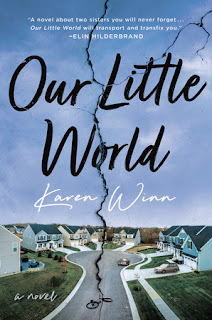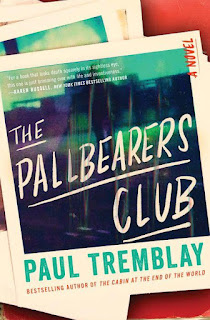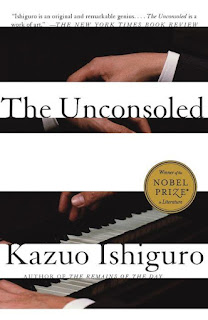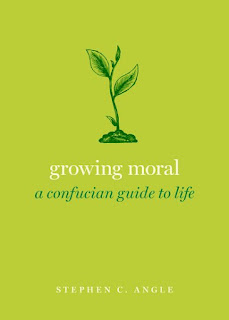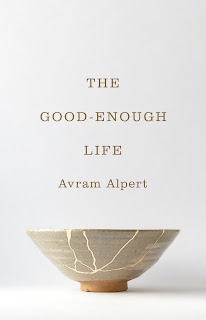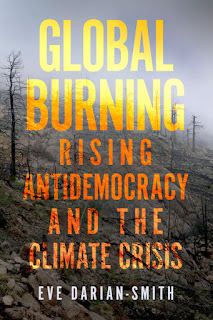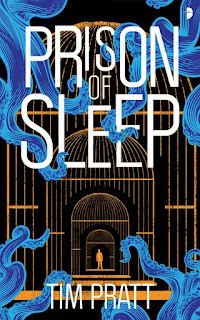 Maya Rodale is the best-selling and award-winning author of funny, feminist fiction including historical romance, YA and historical fiction. A champion of the romance genre and its readers, she is also the author of Dangerous Books For Girls: The Bad Reputation of Romance Novels, Explained.
Maya Rodale is the best-selling and award-winning author of funny, feminist fiction including historical romance, YA and historical fiction. A champion of the romance genre and its readers, she is also the author of Dangerous Books For Girls: The Bad Reputation of Romance Novels, Explained.
Rodale's new book is The Mad Girls of New York: A Nellie Bly Novel.
At Lit Hub the author tagged nine favorite books about boundary-breaking women of the Gilded Age, including:
Renée Rosen, The Social GracesRead about another entry on the list.
This character-driven novel delves deeply into the rivalry between reigning queen of society Caroline Astor and socially ambitious upstart Alva Vanderbilt Belmont, who craves Mrs. Astor’s stamp of approval and will spend any amount of money to get it. Fans of the show Gilded Age will recognize the maneuvers of Mrs. Russell as she tries to gain favor from Mrs. Astor.
The Page 69 Test: The Social Graces.
My Book, The Movie: The Social Graces.
--Marshal Zeringue

